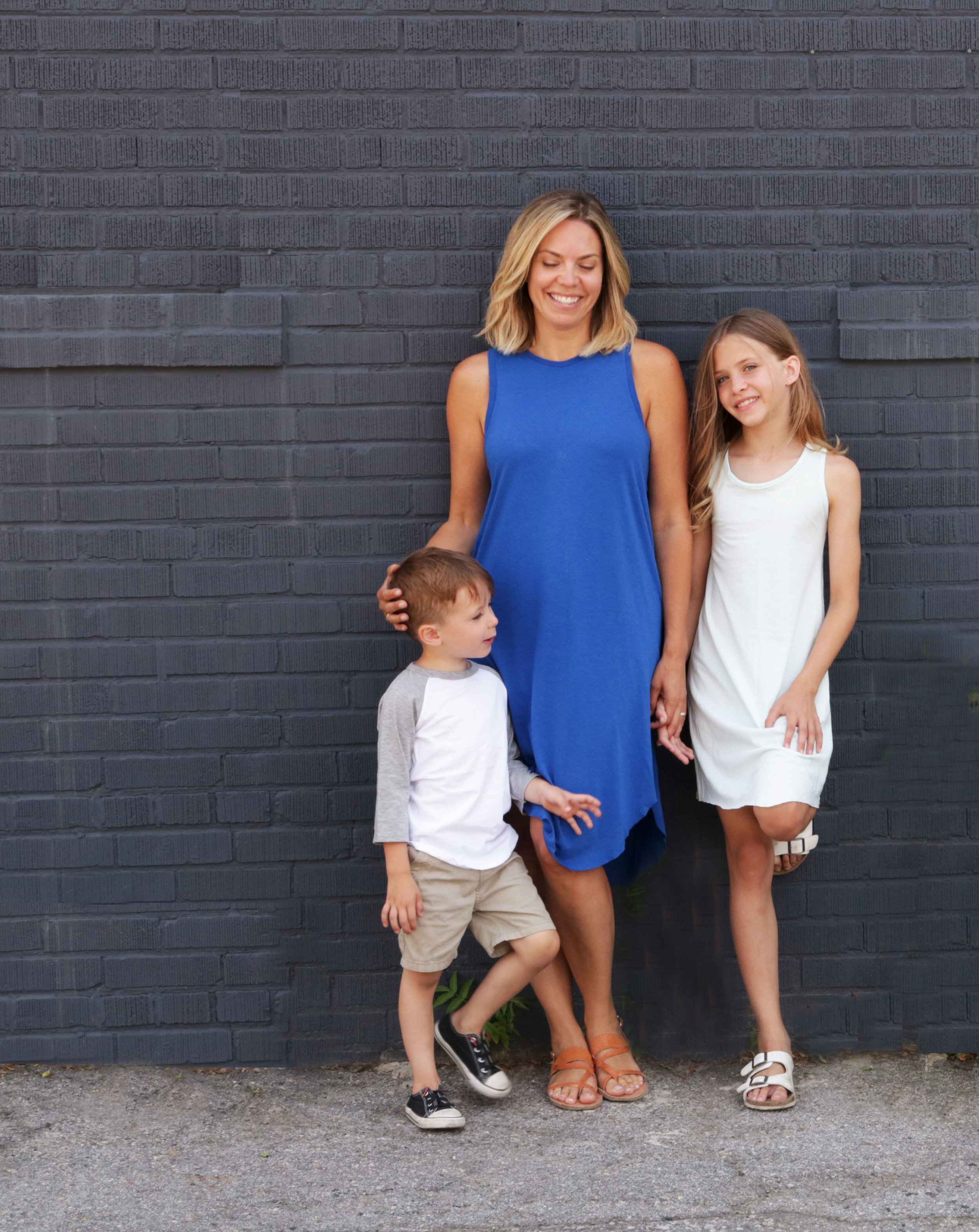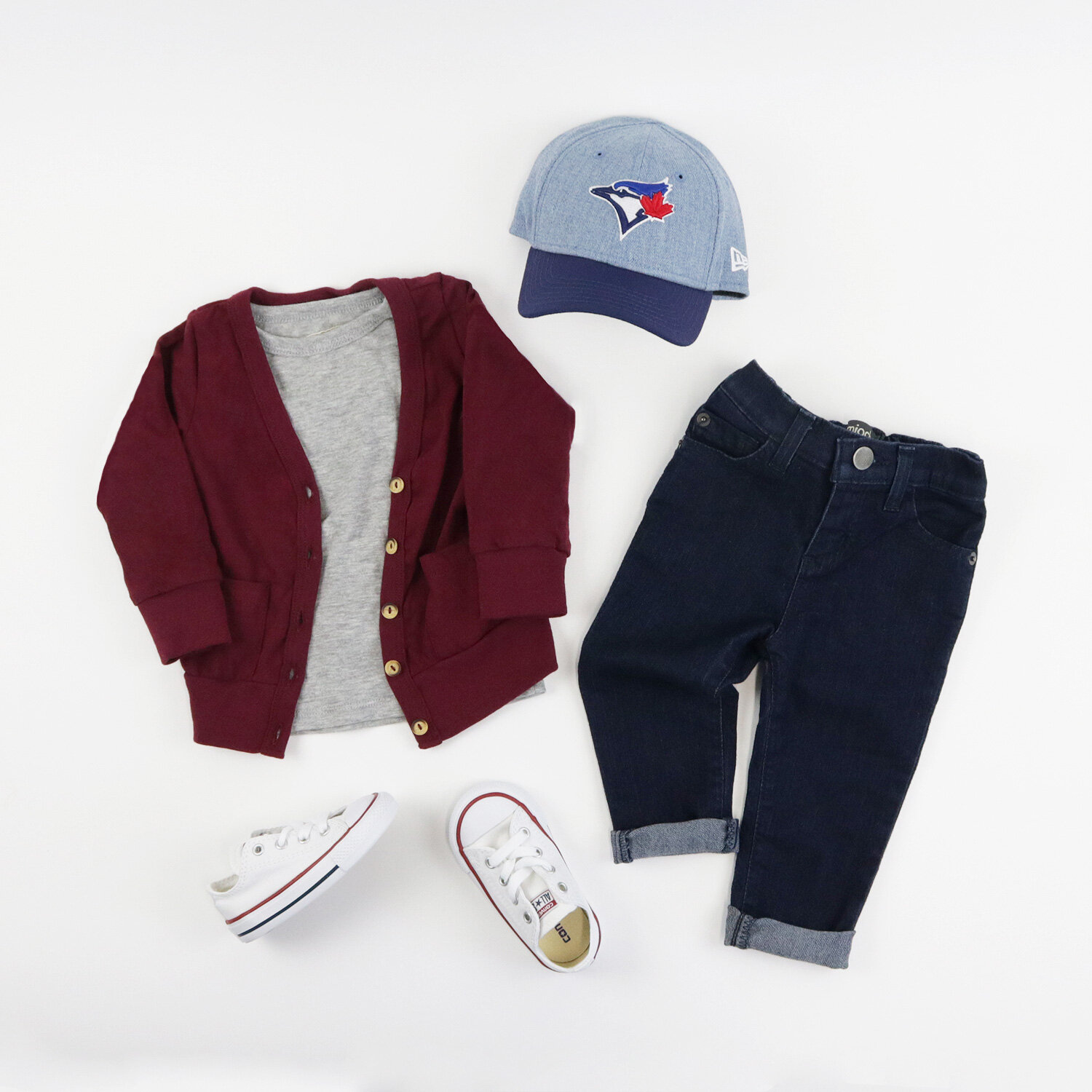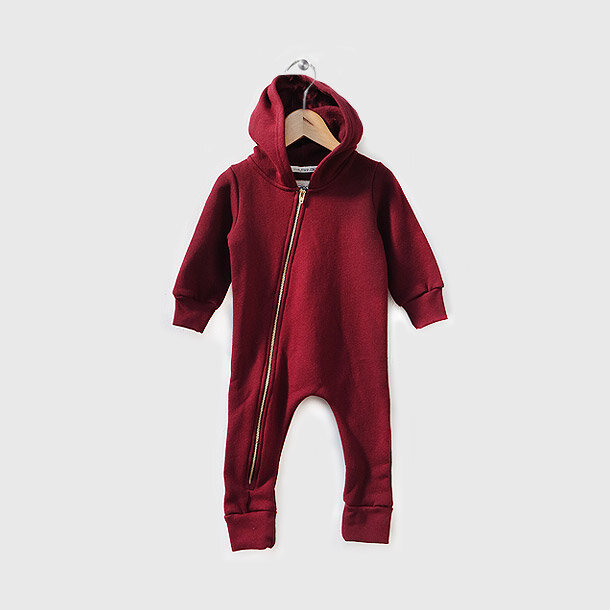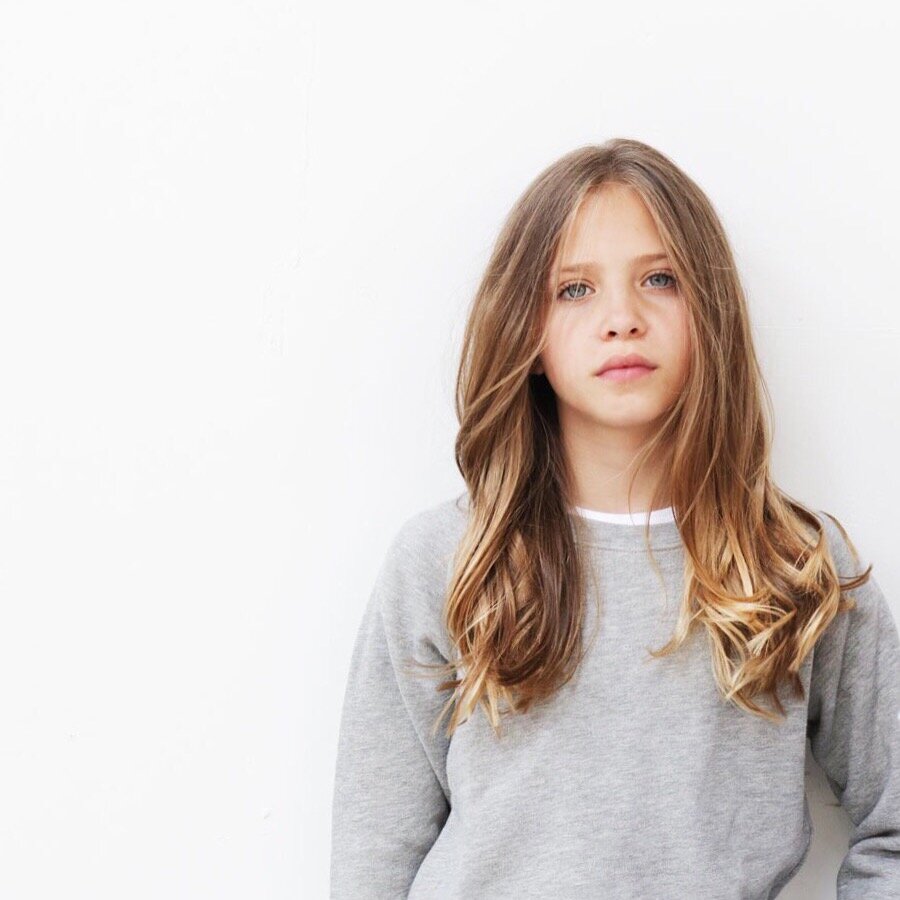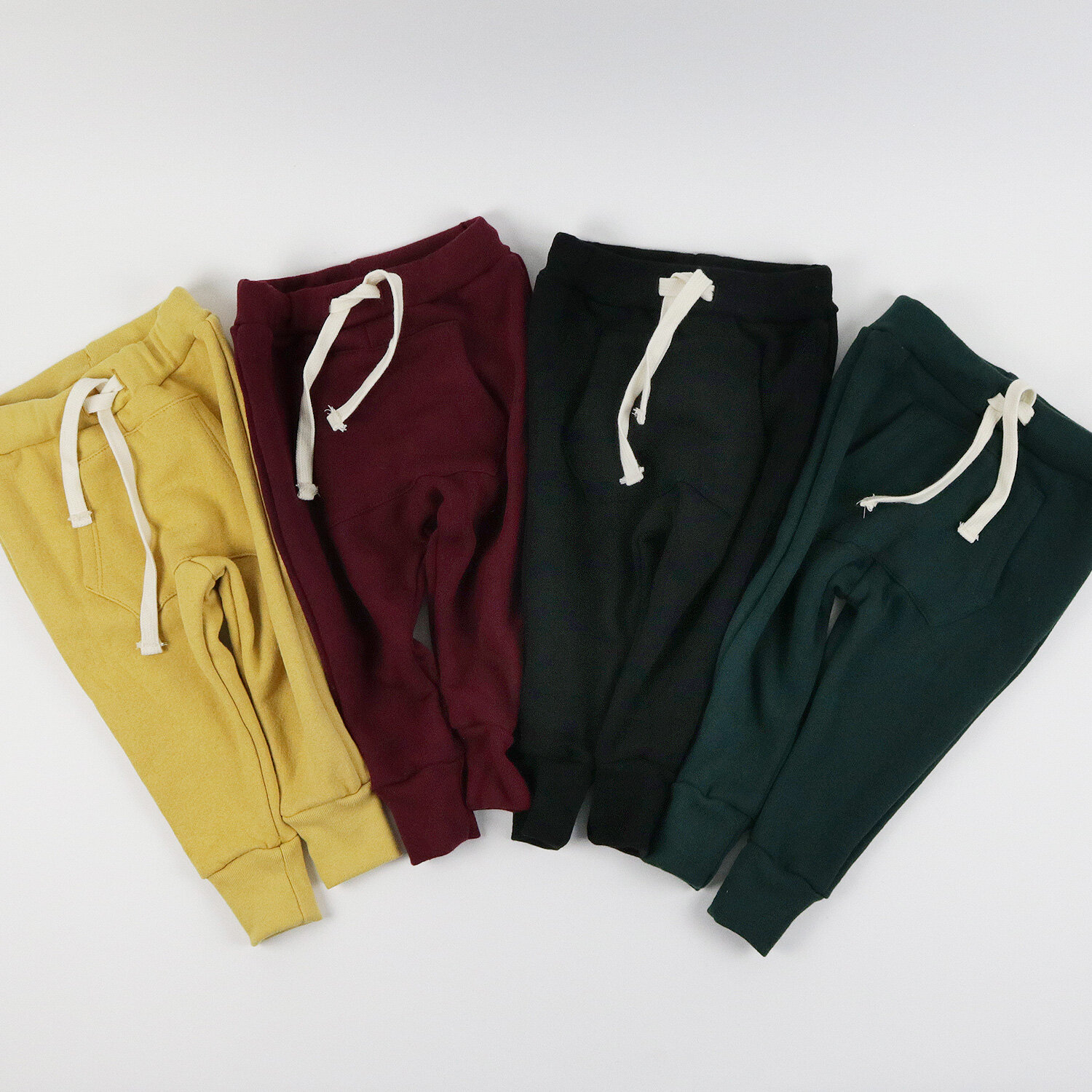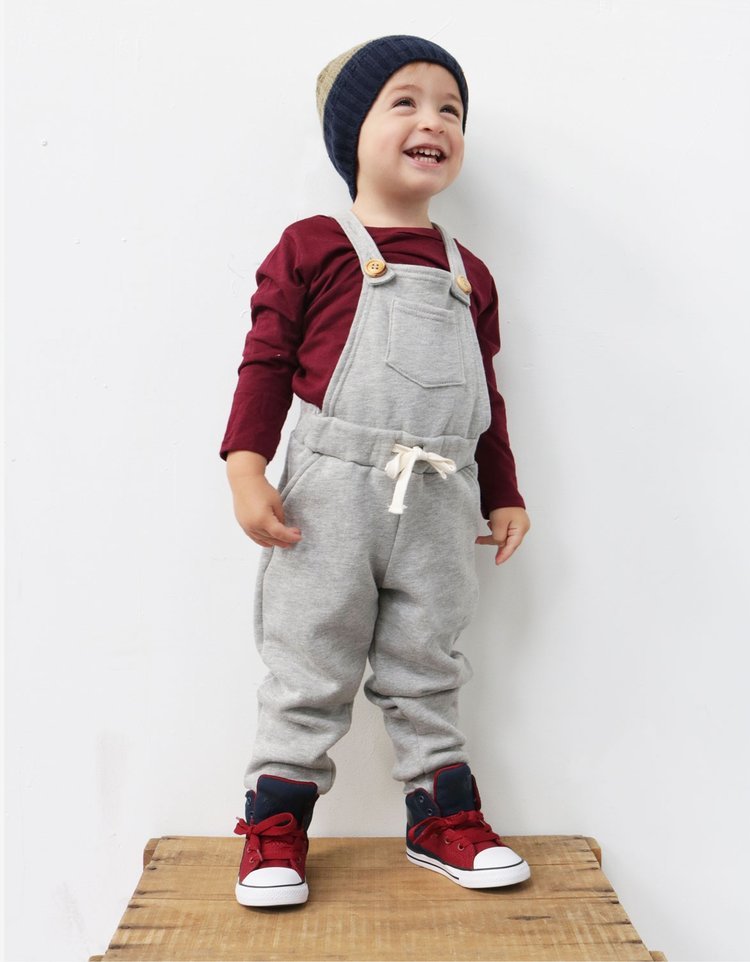
Creating A Better Planet For Our Little Ones: Alyssa Kerbel, Founder of mini mioche
Meet Alyssa Kerbel, Founder of mini mioche
mini mioche was founded in 2008 by Alyssa Kerbel after the birth of her daughter. At that time, Alyssa found it very difficult to find great, simple ethically-made basics especially in neutral colors. Drawing upon her decade long experience in the fashion industry, she set about creating her own collection of infant and kids’ fashion basics. We love mini mioche’s online shop carrying not only organic fashion basics, but also a curated selection of footwear, gear, toys and books for infants and kids. It was pleasure to hear from Alyssa her inspiration behind the brand and her personal favorites for conscious gear and accessories for kids!
Can you tell us more about how becoming a mother inspired mini mioche’s launch and fueled your work as a creative entrepreneur?
I am a bit of a serial entrepreneur and at the time that I decided to start mini mioche, I was already running another business – a wholesale fashion agency that represented various adult fashion brands. I started the agency when I was in my 20’s and had been running it for about 5 years when I had my first child. I am a total jeans and t-shirt kind of girl and I wanted to dress my daughter in a similar way. Back then (8 years ago now), it was very difficult to find great quality, decently-priced, and ethically-made simple basics for infants and kids. I was already feeling like I wanted to do something new (in addition to running the agency) – something a bit more creative and inspiring to me – something that was truly my own thing. Drawing upon my fashion background and connections in the industry, I set about launching mini mioche and 6 months later we shipped our first wholesale orders.
You have wide-ranging wholesale fashion sales experience working with international brands to independent boutiques, what is your favorite thing about now having your own label?
I love that with my own label, I have complete control over pretty much every element of the brand – from the design, to the fabric, to the manufacturing and marketing. It is definitely much more complex and challenging in many ways than working in fashion sales (where you are simply selling other designers’ collections to retailers), but it is also much more creative. If I have an idea or I want to try something new, there is no one telling me I can’t do it.
It is evident that mini mioche has a conscious awareness of the fashion industry’s flaws and impacts. What is your perspective of the social and environmental impacts of the traditional supply chain and how do you see this changing over the years you’ve been involved in the fashion industry?
I find that while there is still a demand for ‘fast-fashion’ (inexpensive clothing made off-shore that is churned out quickly without much regard for the environment or the people making it), particularly from the younger generation, there has also been this strong movement towards ‘slow fashion’ (clothing that is made in an environmentally and ethically conscious way). I think that as consumers have become more aware and more educated about the actual consequences of cheap production, there has definitely been an increase in the demand and in the number of brands who make things in an ethical and eco-conscious way. Incidents like fires and collapses that have happened over the past 5 years in factories in places like Bangladesh, while incredibly tragic, did seem to have the effect of opening people’s eyes to the realities of the fast-fashion world and the true cost of inexpensive off-shore manufacturing.
In addition, there seems to be a movement recently towards the ‘less is more’ or ‘quality over quantity’ mentality (perhaps thanks in part to Marie Kondo’s very popular decluttering book). Consumers seem to be willing to pay a little more for a better quality product, one they plan to hold on to beyond a season or two – or in our case, one that they can pass down from child to child.
What was the most difficult challenge you faced launching an ethical and eco-conscious children’s brand?
Definitely the most difficult thing about launching an organic, Canadian-made brand was making it profitable. It’s obviously more expensive to use organic fabrics, and it’s also much more expensive to produce locally, and yet there is a threshold for how much parents are willing to pay for their little one’s clothing. When we first started mini mioche we were only selling it at the wholesale level (to other stores), but I quickly found that the margins just weren’t high enough to make the business profitable. That was when I decided to change strategies and go ‘vertical’ (manufacture the clothing and sell it ourselves through our own retail stores and online). When I told people that I was planning to open a mini mioche retail store they told me I was crazy, that retail was ‘such a tough industry’, but I had a vision and I truly believed in the brand and what we were doing.
The only other option would have been to move our manufacturing outside of North America and I did not want to do that. Making our clothing locally was such an important part of the brand to me. I just wasn’t willing to give up on the idea that you could run a successful (and profitable) apparel company making the clothing locally.
We can’t get enough of mini mioche’s aesthetic, it’s playful yet modern. How would you describe mini mioche’s unique design direction and what inspires it?
Thank you for the kind words – that means a lot! The vast majority of the time the brand’s aesthetic goes back to my own personal style and taste. Most of our apparel is just mini versions of styles I have in my own closet (or wish I had)! I naturally gravitate to a minimalist aesthetic. We use colour in our seasonal collections but it is generally more on the muted and unisex side. We don’t do a lot of prints or graphics, but when we do we try to make them purposeful and relatively sophisticated (I’m not a fan of cutesy). Most of our graphic prints are collaborations with other local companies and designers such as Bookhou, Peace Collective, or Shine the Light On.
That being said, we are always thinking about what a child will want to wear and be super comfortable in when we are designing our collections. It’s great for them to look cool, but our goal is always comfy cool.
Toys, books, gear – you carry a variety of products in your brick and mortar and online shops in addition to your clothing line. What are a few of your favorite eco And ethics-conscious brands for children?
We try to carry as many ethically-made and eco-friendly brands as we can (that fit with the mini mioche aesthetic of course). One of our core missions is to support other local Canadian brands and their owners. Some of my favourite eco-friendly and Canadian-made brands are Fidoodle (amazing organic rattles, gorgeous flip dolls, and beautiful wood block sets), Elephant Shoe (simple, neutral teethers, soother clips and teething necklaces), Electrik Kidz (super cool accessories), Ollie Jones (sweet headbands), Des Enfantillages (gorgeous handmade toys) and Swell Made Co. (simple modern prints for any room in the home).
